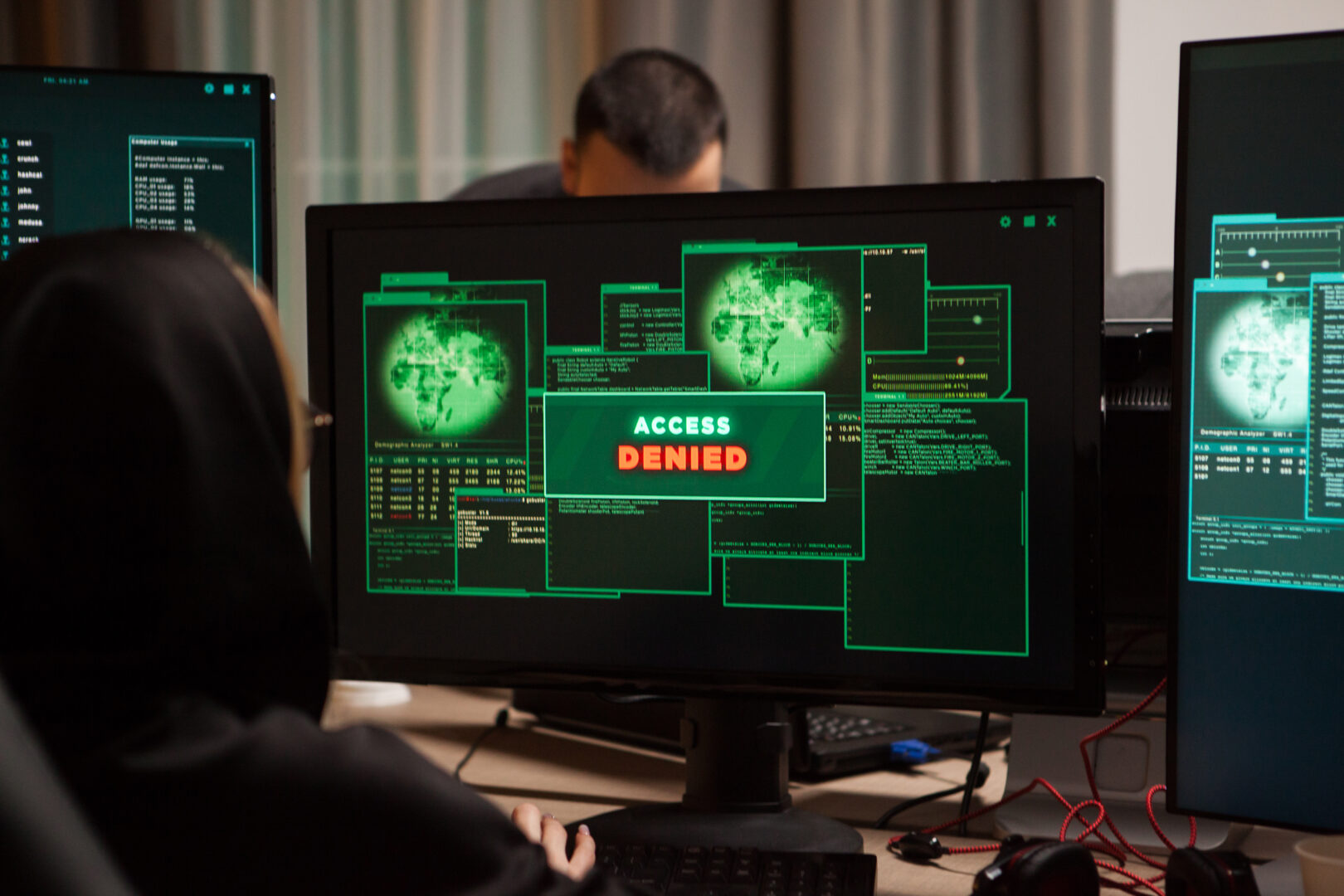Why your business needs ZTNA to combat ransomware
Today’s traditional security measures like VPNs are no longer sufficient to protect your business. With ransomware attacks on the rise and the increasing role of artificial intelligence (AI) in cyber crime, it’s crucial to adopt advanced security solutions like zero trust network access (ZTNA).
Let’s look closer at how ZTNA can transform your organisation’s security posture, drawing insights from the latest information from cyber insurance company, At-Bay and the National Cyber Security Centre (NCSC).
The growing threat of ransomware and AI
The 2024 InsurSec Report from At-Bay highlights some alarming trends in ransomware attacks. The report revealed a staggering 64% increase in ransomware claims from 2022 to 2023, with a significant rise in “indirect” ransomware incidents, which soared by 415%. These attacks often exploit vulnerabilities in remote access tools, with 58% of ransomware incidents linked to such weaknesses. Particularly concerning is the shift towards targeting self-managed VPNs, which accounted for 63% of remote access ransomware events.
Adding to the urgency, a threat assessment from the NCSC, a part of GCHQ, warns that AI is expected to heighten the global ransomware threat over the next two years. The assessment concludes that AI is already being used in malicious cyber activity and will almost certainly increase the volume and impact of cyber attacks, including ransomware. AI lowers the barrier of entry for novice cyber criminals, enabling them to carry out more effective access and information-gathering operations. This enhanced access and improved targeting of victims will significantly contribute to the global ransomware threat.
How ZTNA differs from traditional VPNs
Traditional VPNs have long been the go-to solution for remote access, but they come with significant security challenges. VPNs provide broad network access, which can be a major vulnerability if credentials are compromised. Attackers can exploit these vulnerabilities to gain widespread access to your network.
ZTNA, on the other hand, operates on a principle of “never trust, always verify.” It provides granular, identity-based access to specific applications and resources. This means users and devices must continually authenticate their identity, reducing the risk of unauthorised access. Moreover, ZTNA reduces the attack surface as devices are not aware of any resources (applications, servers, etc.) on the network other than what they are connected to.
Enhancing security with ZTNA
Adopting ZTNA can significantly enhance your organisation’s security posture. Here’s how:
- Reduced attack surface: By making devices invisible and providing access on a need-to-know basis, ZTNA minimises the points of entry for attackers. While most ZTNA solutions do this by not exposing IP addresess, some ZTNA solutions can make devices unresponsive to all traffic so even if the IP address becomes known, if the connection is not authorised, the device remains invisible and unresponsive.
- Continuous verification: ZTNA requires continuous authentication of users and devices, ensuring that only authorised entities can access sensitive information.
- Advanced encryption: Utilising post-quantum cryptography, ZTNA ensures that your data is protected against even the most sophisticated attacks.
- Seamless integration: Unlike traditional VPNs, ZTNA can be deployed quickly and integrates seamlessly with existing infrastructure, eliminating the need for extensive changes or downtime.
- Hardware: Unlike traditional VPNs which typically rely on physical hardware with its associated maintenance and costs, ZTNA typically is a software solution which enables users to connect from anywhere without impacting network performance
Real-world effectiveness of ZTNA
The InsurSec Report highlights that attackers have increasingly targeted remote access technologies, especially self-managed VPNs, which were found to be 11 times more likely to be compromised. In contrast, businesses that employed more advanced security measures, such as cloud-managed VPNs or ZTNA, were significantly less likely to fall victim to ransomware attacks.
Additionally, the NCSC report emphasises the increasing role of AI in enhancing cyber threats. By leveraging AI, cyber criminals can conduct more sophisticated and targeted attacks, making it even more critical for organisations to adopt robust security measures like ZTNA.
Why ZTNA is essential for your business
Given the evolving tactics of ransomware attackers and the rise of AI-driven cyber threats, it’s clear that traditional security measures are no longer enough. ZTNA provides a more secure, efficient, and future-proof solution. By adopting ZTNA, your business can:
- Prevent unauthorised access: Continuous authentication ensures that only verified users can access your network
- Minimise damage: Even if attackers gain initial access, ZTNA’s granular permissions limit their ability to move laterally within the network
- Enhance compliance: Many regulatory frameworks now require more stringent access controls, which ZTNA can help you meet
- Improve user experience: Unlike cumbersome VPNs, ZTNA offers seamless, fast, and reliable access for legitimate users
The rise in ransomware attacks and the increasing role of AI in cyber crime underscore the need for businesses to rethink their cyber security strategies. Traditional VPNs, with their broad network access and vulnerabilities, are no longer sufficient. ZTNA offers a more secure, efficient, and scalable solution to protect your organisation against modern cyber threats.
Implement zero trust security with CyberHive
Don’t wait until your business becomes another statistic. Contact us today to learn more about how our ZTNA solution, CyberHive Connect, can enhance your security posture and safeguard your digital assets against ransomware and other cyber threats.
You can even sign up to use it for free here.
Embrace the future of cyber security with CyberHive today.
- Is AI a Threat to Your Business? Cyber Solutions to Ensure Protection
- Prevent the Latest Quantum Threats with Post Quantum Cryptography
- Essential cyber security tips for small and medium enterprises
- Why Zero Trust Security is Crucial to Business Security
- Most common cyber security attacks and how to stay protected
Get in touch
If you have a question or would like some more information, contact us today.





